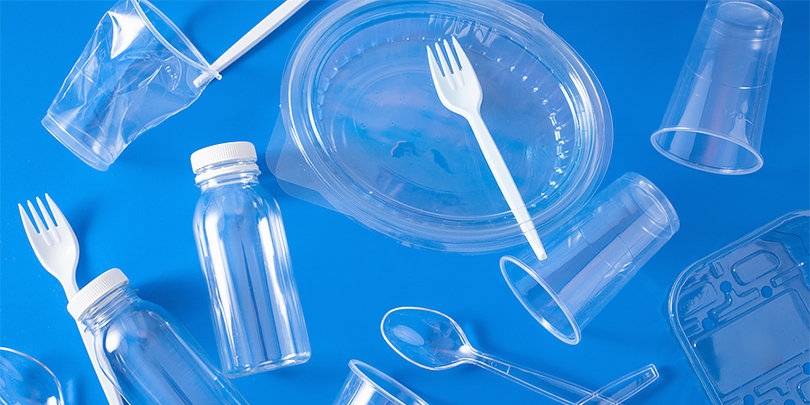
Cabrini researchers are investigating if there is a link between microplastics – tiny plastic particles that can be ingested– and the rising rate of colorectal cancer in people under the age of 50. Source: CHA.
Colorectal cancer (CRC) is the third most commonly diagnosed cancer worldwide, and while overall rates have stabilised, there is growing concern about the rise in early-onset CRC among the young.
If the current trend persists, projections suggest that by the next decade, one in four rectal cancers will occur in people under the age of 50.
While the underlying cause of this demographic shift remains uncertain, there’s increasing evidence that suggests environmental exposures may play a critical role.
In a paper published in the ANZ Journal of Surgery, Rathin Gosavi, a colorectal fellow and researcher at Cabrini and Monash University in Melbourne, and Cabrini and Monash Health colorectal surgeon Vignesh Narasimhan, said there are already established suspects to account for the rise, including rising obesity and inactivity rates in younger adults, diet, alcohol consumption and smoking.
However, microplastics should be explored further as a potential factor.
“We’re seeing more young patients with rectal and distal colon cancer, often without the usual risk factors,” Dr Narasimhan told the Sydney Morning Herald last week. “This motivated us to explore whether microplastics could contribute in some way.”
Colon cancer starts in the bowel lining and previous studies have shown microplastics could disrupt the mucus layer that lines the bowel and forms a protective barrier.
“The thinning or patchiness of this mucus layer can leave the underlying cells exposed, increasing the risk of inflammation and, potentially, damage from microbial by-products (like microplastics),” Dr Gosavi said.
“Microplastics might also disturb the balance of ‘friendly’ bacteria that produce compounds that protect the gut, and may provide surfaces for harmful bacteria to form biofilms – sticky layers of bacteria, some of which release toxins implicated in colorectal cancer.
“There is emerging evidence to suggest that microplastics may interfere with this delicate gut layer, creating exposure to harmful bacteria that could elevate colon cancer risk.”
Human ingestion of microplastics occurs primarily via food and water. Adults are estimated to ingest 39,000–52,000 particles annually, with infants exposed to far higher levels, up to 1.58 million particles daily via plastic bottles.
FULL STORY
Cabrini research reveals plastic is not so fantastic (Cabrini via CHA)






